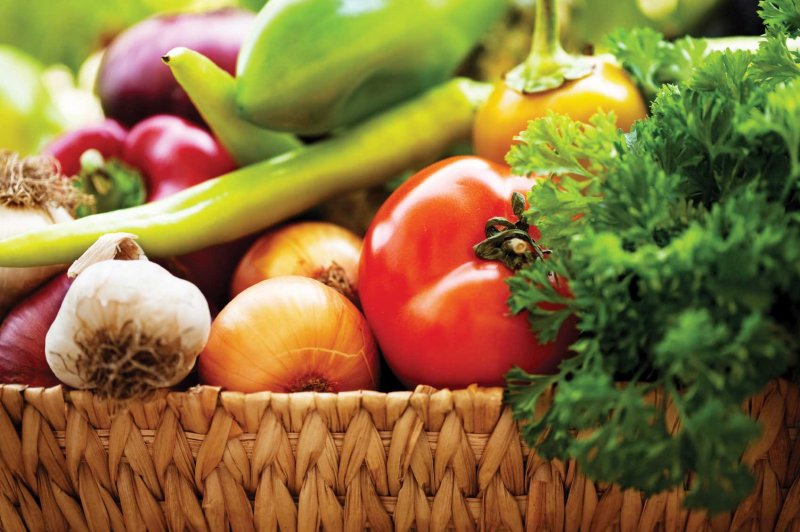I have a confession: My shopping and eating habits have been influenced by the “Dirty Dozen” and “Clean 15” lists. And I’m a journalist who’s been exclusively covering food, health and fitness for about a decade.
[Editor’s note: Amy Sowder is The Packer’s Northeast editor.]
…
Sure, due to my research, I didn’t trust the partisan lobbying group that publishes the list.
True, my journalism studies have drilled into my brain that as professional reporters, we have a responsibility to check the reliability and integrity of our sources and not cite just any ol’ statement as fact.
The list author, the Environmental Working Group, is an activist organization that has fielded criticism of fear-mongering without using scientific principles, which show that the dozen in question are perfectly safe for consumers, even babies.
But the fear. Oh, the fear.
…
Yet I have to do what I can to be healthy and then focus on the greater good for my sanity. And to me, that means eating fresh produce, regardless of whether it was grown with synthetic or natural pesticides.
Read the original post































